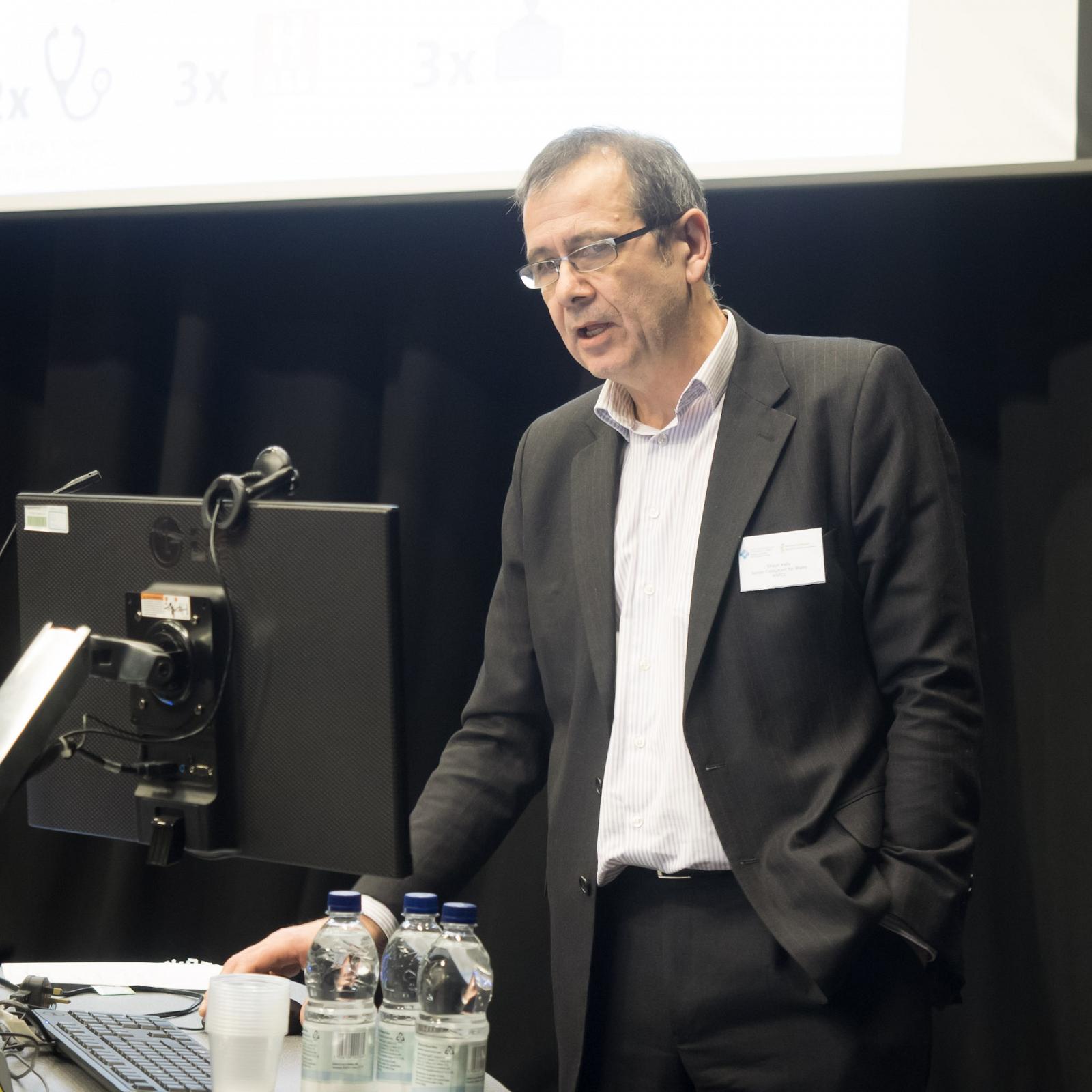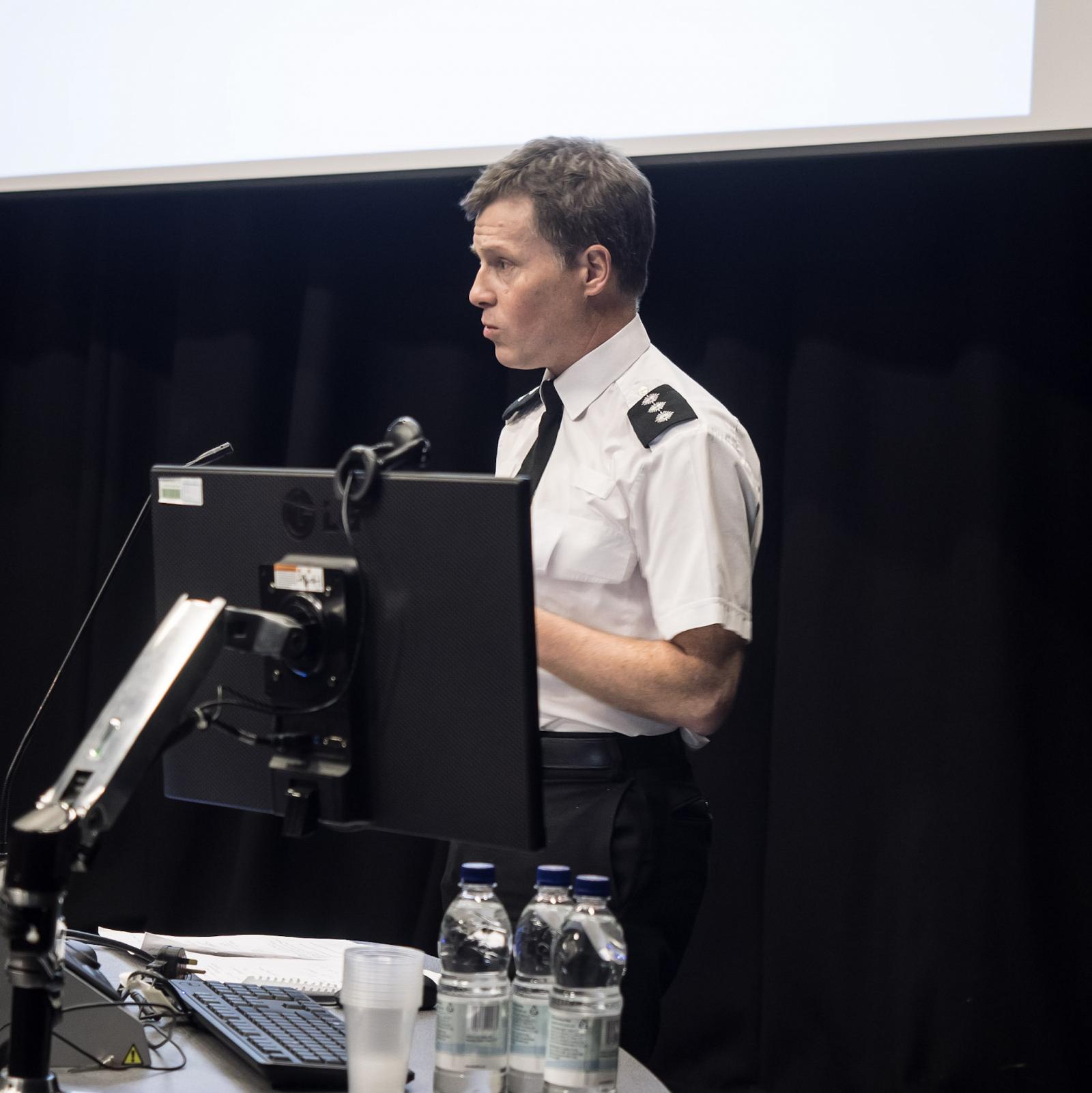
The collaboration between South Wales Police, NSPCC and PHW to understand the Police response to vulnerability
Chief Inspector John Wainwright (South Wales Police) and Shaun Kelly (NSPCC)Early Intervention and Prompt Positive Action: Breaking the Generational Cycle of Crime is a 2-year programme which began in April 2016 funded by the Home Office’s Police Innovation Fund. The programme is the only one of its kind in the UK and is currently being piloted in the Bridgend area of South Wales. The programme involves collaboration between Public Health Wales, The South Wales Police and Crime Commissioner, South Wales Police, NSPCC Cymru, Barnardos and Bridgend County Borough Council.
Drawing upon research from the Welsh Adverse Childhood Experiences (ACE) Study conducted by Public Health Wales the programme aims to develop a long-term approach to reducing ACEs and supporting those affected by understanding how the police respond to vulnerability.
Protecting the vulnerable is now a top priority for the South Wales Police, a significant shift in thinking that is reflected in the current South Wales Police and Crime Delivery Plan. The programme demonstrates a unique situation of service development working in tandem with research.
Working on a multi-sector programme has its own complexities. From a research perspective the challenges faced in conducting research with an operational organisation included shared understandings in terms of expectations and limitations; aligning policies and procedures which had implications for recruitment; mutual understanding of the process of ethical research; developing operational protocols to allow for research observations which resulted in the need for dynamic changes to police protocols; understanding ‘in-house’ acronyms; shared calendars between agencies and information sharing. The most prominent challenges faced by the police included altering the current operational procedures without the clarity from the outset about what ‘the change’ looks like on the ground; the changing role of police officers; clarity of language (same word different meanings across different organisations for example, when is a recommendation a ‘to do’ or a ‘to consider’?). The programme collaboration has required a great deal of constant and consistent communication alongside a dedicated individual from the police that helped signpost the researchers through the police as an organisation.
Currently the programme is at the end of the first phase of research with recommendations about to be provided. The next steps are to carry out training with South Wales Police around vulnerability from recommendations presented in the investigative report.
Click here to see Shaun and John's presentation
002 Collaboration between SWP and PHW presentation.pptx


